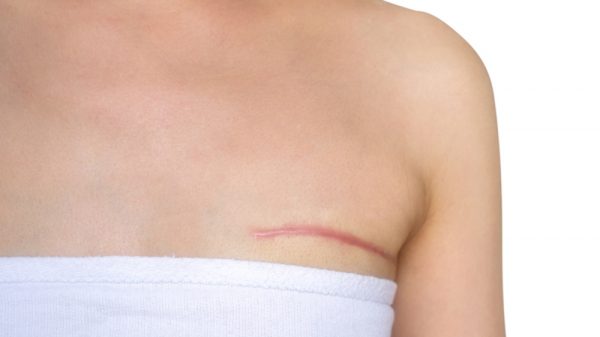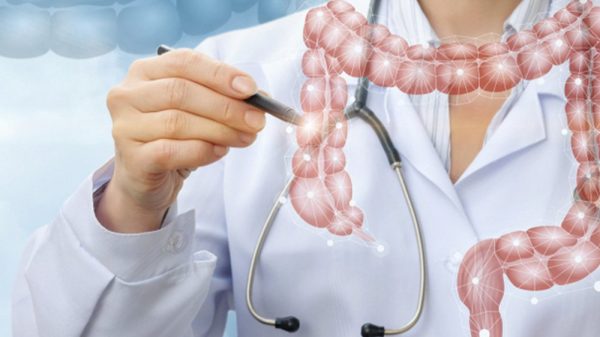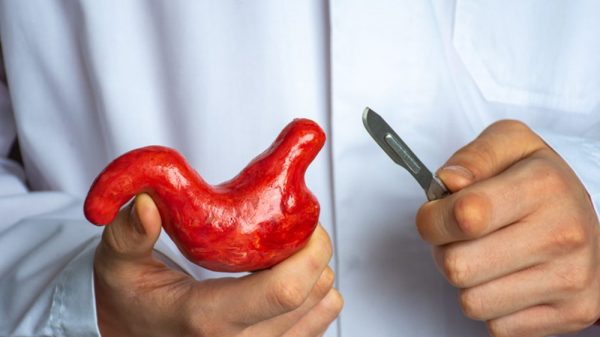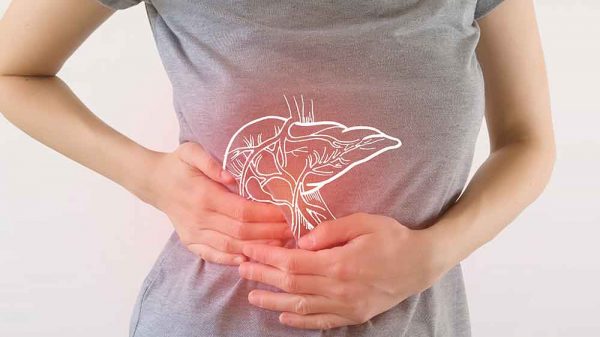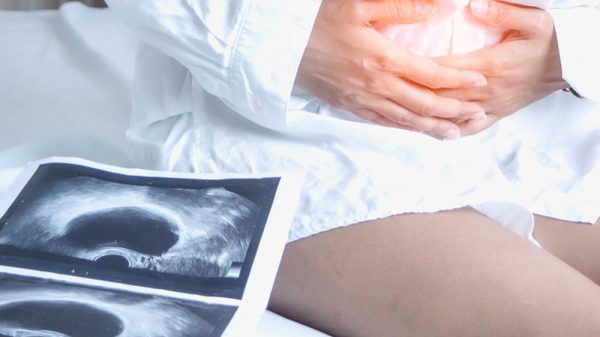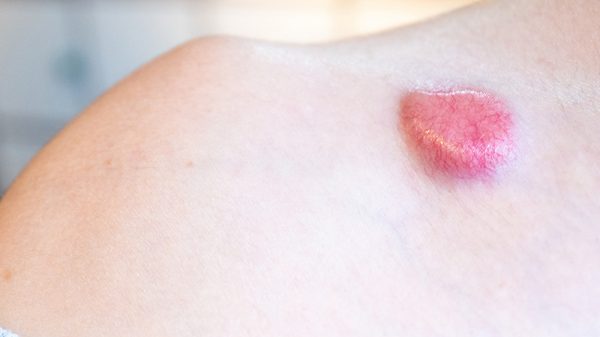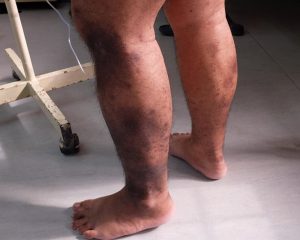Having a baby is a beautiful but taxing process for the body. The tough part about having a baby is that after giving birth, you have very little downtime to recover because of the responsibilities of parenthood. You may have all kinds of questions, like what does after-birth care look like? How long do you bleed after having a baby?
Here we go through answers to all of your questions and give you tips for how to take care of yourself after childbirth, while also balancing the demands of taking care of a newborn.
Prepare Before the Baby’s Arrival
Preparation for a new baby can be overwhelming, especially if it is your first baby. Your first time going through birth and the recovery process can seem very daunting.
The key to feeling a little less overwhelmed is by preparing before the baby arrives. In addition to getting a stroller, car seat, baby clothes, bassinet, and items for the baby’s nursery. By your due date, you want to feel comfortable with a chosen doula, midwife, birthing location, and gynecologist and obstetrician. Make sure that you take childbirth education classes so that you know exactly what to expect and feel prepared to give birth.
It’s also a good idea to check the protocol at the hospital you are planning to attend to give birth. Most hospitals have rules and regulations in place to manage the COVID-19 pandemic. It’s a good idea to go through these rules so you know when your partner can join you in the hospital and how to prepare.
Involve Your Friends and Family Members
Taking care of a little one is hard work, and you should know that you don’t have to do it alone! Get help from trusted friends and family members to help relieve the stress associated with caring for a newborn. For example, have one of your friends help you out with grocery shopping and cooking once a week. Or, have a friend or family member help with child care and watch after your little one while you get some much-needed rest or take a shower.
Consult an Expert About Breastfeeding
Breastfeeding can be tricky after having a newborn baby and it doesn’t always come naturally! To help make the post-birth recovery as relaxing as possible, it’s a good idea to talk to your doctor, a nurse, and a lactation consultant about the best ways to breast-feed and help your baby latch. When you are equipped with tools and strategies for breastfeeding comfortably, you can feel more relaxed as you recover, knowing that your baby is well-fed.
Eat a Healthy Diet Without Worrying About Weight Loss
In the initial stages after giving birth, it’s important to support recovery by eating a balanced and healthy diet. However, avoid restricting calories immediately after giving birth. Your body requires plenty of calories after giving birth to both heal from injury and support breastfeeding. Trying to lose weight too soon after birth can impact healing time and potentially jeopardize milk supply.
Just like a healthy pregnancy diet, a healthy postpartum diet is made up of high-quality protein, whole grains, fruits, and vegetables.
- Protein: Both pregnant women and breastfeeding women need more protein than usual. Getting an abundance of high-quality protein is critical after giving birth because protein is packed with essential amino acids that the body needs to heal. Your body also requires more protein than normal to produce breast milk. Foods like low-fat yogurt, cheese, and lean meat help you get the protein you need. Alternatively, eating a variety of whole grains, nuts, seeds, and beans on a daily basis can help you get all of the protein you need when following a plant-based diet.
- Whole grains: Whole grains are packed with fiber and provide complex carbohydrates that your body uses for fuel to repair after giving birth. Complex carbs are broken down more slowly, in order to release a steady supply of energy over time. This prevents blood sugar spikes and crashes that negatively impact your energy levels.
- Fruits and veggies: Fruits and veggies are packed with micronutrients that support a healthy musician. When your immune system is strong after giving birth, your body is better equipped to support healing and recovery. Micronutrients include vitamins, minerals, and antioxidants that help all of your cells function optimally. Eating plenty of fruits and veggies on a daily basis I’m sure that you’re getting the nutrients you need to recover fully. Plus, it’s important to keep in mind that if you’re breastfeeding, your baby eats everything you eat. So, fruits and veggies support a healthy baby as well.
Support Your Mental Health
Many new moms struggle mentally after giving birth. Birthing a baby is a physically and emotionally demanding process, and mental recovery is a critical part of maternity care. Certain circumstances may also increase the level of mental healing that you need. For example, maybe your birth plan didn’t go as planned, and you needed an emergency procedure. Or, maybe coronavirus restrictions in the hospital made you feel alone during the birthing process. Such circumstances can be traumatizing and you may benefit from working through trauma with a therapist. In any case, if you don’t quite feel like yourself or feel alone in processing your experiences, it’s a good idea to reach out for support. Other mothers who have experienced similar circumstances are excellent sources of support.
Furthermore, it’s important to keep in mind that postpartum depression can occur for any woman at any time, regardless of whether it’s her first baby or fourth. Symptoms of postpartum depression include sadness, despair, crying spells, insomnia, crying spells, and feeling detached from your baby. Fortunately, postpartum depression is not permanent and can be successfully treated. If you are experiencing any of these symptoms, it’s important to seek care from your gynecologist, a psychiatrist, and a therapist to treat your depression.
Commonly Asked Questions
As a new mother, you may have questions about how the healing process after birth affects you. Here we go through some commonly asked questions.
How Long Does It Take to Get Your Period After Having a Baby?
After you’ve given birth, your body needs time to recover before getting your cycle back. If you are not breastfeeding it may take about two months to get your period again. If you are breastfeeding, you will have higher levels of the hormone prolactin which may prevent you from ovulating and getting your period. Therefore, for breast-feeding mothers, menstruation may not resume for a year. However, it’s important to keep in mind that each woman’s body is different, so at the time it takes to resume your period will depend a lot on your individual biochemistry.
How Long Do You Bleed After Having a Baby?
Having a baby essentially puts wear and tear on your uterus, results in bleeding that may last for 6 weeks or longer. However, the heaviest bleeding will occur during the earliest recovery stage. After about a week, you will notice bleeding will lighten up significantly. After 10 days or so, you should only be experiencing light bleeding. If you are noticing heavy bleeding that doesn’t let it, it’s critical to seek medical attention to address any issues that might be going on.
How Soon After Having a Baby Can You Get Pregnant?
How soon you can get pregnant after delivery depends on how quickly your body begins ovulating after pregnancy. For some women, ovulation may begin in as little as a few weeks after delivery. If you are having sex during this time, then it is possible to get pregnant within the first month after giving birth.
On a related note, it’s important to make sure your body is healed and you feel mentally prepared for sex after having a baby. Because injury occurs during childbirth, the vagina will be healing for several weeks. If you underwent a C-section delivery, you may need to wait about 6 weeks before you can have sex. Always follow the guidelines that your doctor has given you. If you want to postpone having another child, make sure to use a form of birth control.
Things to Keep in Mind
Navigating healing after birth is uncharted territory for new moms. It’s important to recognize that even if you have already given birth before, no two pregnancies or births are exactly the same. The birth and the postpartum period after your second child may be very different than that of your first child.
If you have any questions or you are observing any worrying symptoms, reach out to your doctors and other health care providers to get the support and care that you need.
Conclusion: Recovery After Having a Baby
Recovery after having a baby requires both a mental and physical process towards healing. The physical healing from childbirth is compounded by the mental pressures that come from processing a difficult birth and coping with the demands of being a new parent. On top of that, the current challenge of giving birth during the coronavirus pandemic can be particularly stressful. Be patient with yourself after giving birth, eat a balanced diet to support recovery, and seek resources to support your mental health.
